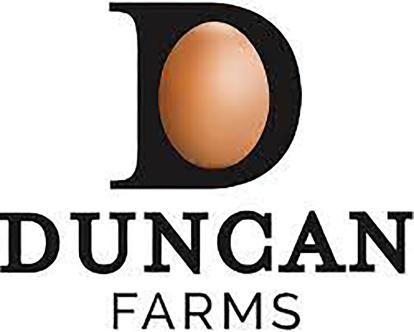
LIDL GB and Duncan Farms:
Tackling the scope 3 challenge
LIDL GB and Duncan Farms: Tackling the scope 3 challenge
ClimatePartner has worked with Lidl GB to reduce the retailer's supply chain emissions. Lidl GB collaborated with Duncan Farms, Scotland’s fastest-growing egg business, to develop a valuable new product – with a significantly lower carbon footprint.
Scope 3 emissions need to be considered by retailers and suppliers alike to meet carbon reduction targets. Read the case study of this impactful initiative to learn how ClimatePartner's five-step climate action strategy was implemented to:
- Measure carbon footprints
- Set reduction targets
- Implement reductions
- Finance climate projects
- Communicate transparently
Read the full success story here:
Tackling the scope 3 challenge for retailers
"It has been a great opportunity developing Woodcote Responsible Free Range Eggs with Lidl and ClimatePartner. We have implemented a range of on-farm and wider supply chain measures to significantly reduce the carbon footprint of Responsible Eggs. Most significantly, we have successfully eliminated imported soy from our hens’ feed and replaced it with sustainably produced, homegrown field beans. The 57% reduction in carbon is a fantastic achievement but we remain eager to continually identify and implement further measures."
